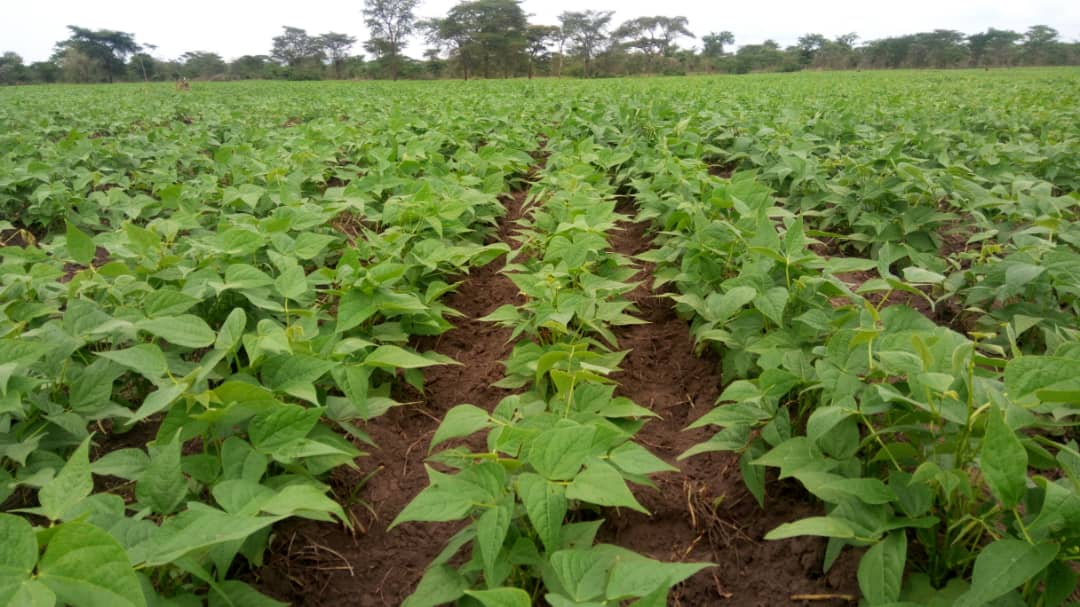Sustainable enhancement of common bean productivity, through exploitation of established Angular Leaf spot pathogen monitoring, host – plant resistance, and seed distribution networks
- 16th January, 2021 00:00
- By
A PHP Error was encountered
Severity: Notice
Message: Trying to get property 'username' of non-object
Filename: projects/details.php
Line Number: 40
Backtrace:
File: /data/tarigo/public_html/application/views/centres/projects/details.php
Line: 40
Function: _error_handlerFile: /data/tarigo/public_html/application/controllers/centre/Projects.php
Line: 83
Function: viewFile: /data/tarigo/public_html/index.php
Line: 296
Function: require_once

-Duration: 22 months, Partners: NIAB, CIAT, NARO-NaCRRI, Funding Body: BBSRC/ UK Research and Innovation, Total Budget: £31,075)
Objectives
- To expand ALS pathogenomics network to N.W. Tanzania to reduce the impact of disease outbreaks by assessing pathogen diversity and distribution to guide the deployment of resistant varieties.
- To validate results from isolate molecular and differential typing with current pathogenomics database and phylogenetic trees to provide a resource that can be exploited by end-users to enhance ALS management options.
- To conduct a regional screening of differential bean cultivars and selected breeding material, using local isolate populations in order to validate the use of combinations of resistance genes for provision of improved varieties with durable ALS resistance in ECA.
- To generate information, training materials and conduct workshops for training of representatives from national agricultural authorities (NaCRRI, TARI), seed companies and grower groups to leverage existing common bean seed systems to promote testing and distribution of healthy seed to small-holder farmers in the region.
- To build capacity at local and regional level by ensuring the skills, tools and resources translated through the project can continue to be implemented in the longer term and/or applied to other similar crop pathogens.
- To provide of fast, accurate and robust molecular testing for identifying contaminated seed lots to minimize the distribution of inferior material and support classical screening approaches.

